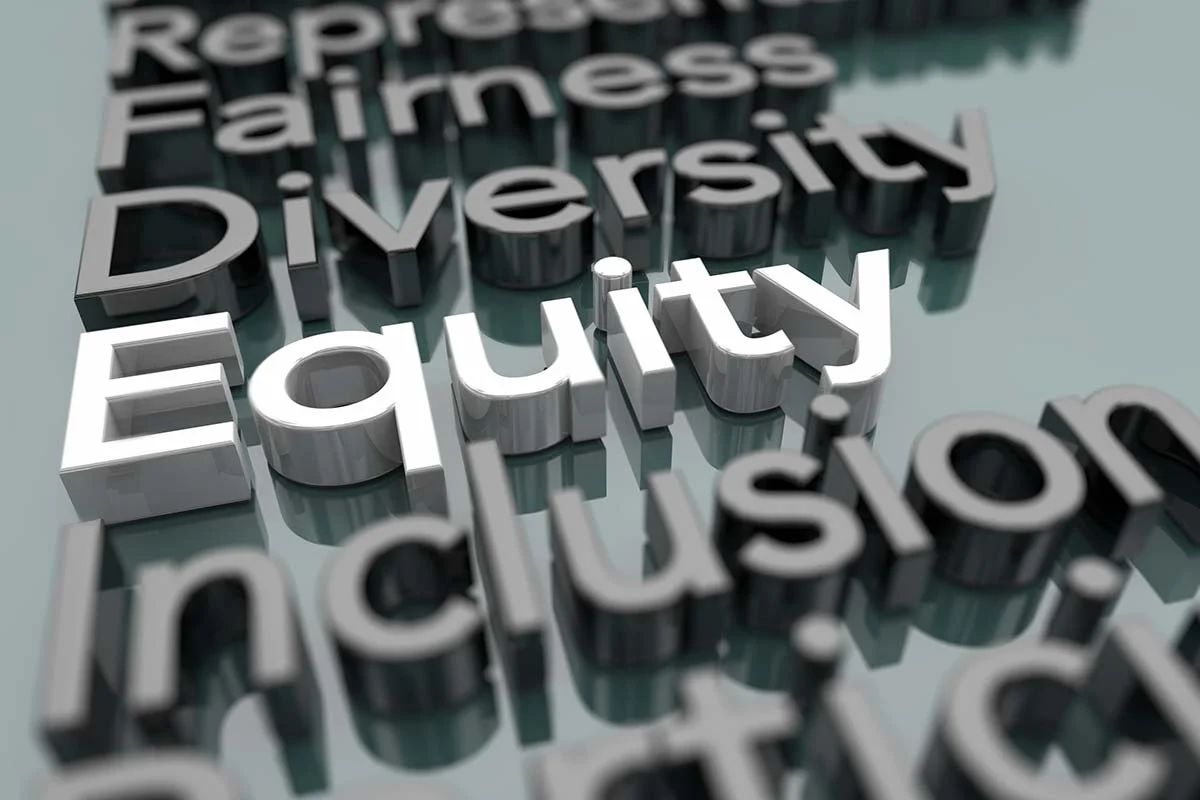The Role of Equity In Diversity, Equity, and Inclusion
The following is a snippet from our latest whitepaper, Essential Guide to Diversity, Equity & Inclusion: A Perspective and Roadmap for Success.
Many organizations have adopted or renamed their diversity and inclusion programs as “Diversity, Equity and Inclusion.” In this sense, equity addresses the disparities that historically marginalized and/or minority groups have experienced in society and that can carry over into the workplace or even arise in the workplace. This addition of “equity” to the broader concept reflects the important effect that social equity can have on organizations. In this context, “equity“ can refer to, for example, the following:
- Social justice – Fairness and equality for all
- Equal employment opportunity – Freedom from discrimination based on a personal characteristic, often defined by law
- Fairness in employment conditions – Impartial and just treatment in the workplace
These concepts may be partly addressed by, for instance, an organization’s non-discrimination, equal employment opportunity, and/or affirmative action employment programs. Still, these programs may not respond to non-discrimination or equal opportunity for the range of diversity characteristics, especially where the law is silent.
These programs also may not focus on a hidden dimension (that we will discuss shortly) that continues to create inequity, such as personal and structural biases that continue to limit individuals from historically marginalized or minority groups. Nor might these programs address other issues of workplace equity. The fact that society continues to reveal new insights in how inequity manifests, especially with respect to these historically marginalized or minority groups, indicates that this is a continuing challenge, both for society and for organizations. For these reasons, “equity” fulfills an important role in the DE&I triad.
Many organizations incorporate “equity” objectives and elements to advance and support other DE&I program goals.
An organization’s equity-related goals can include efforts to:
- Help address broader social equity as a means to: (i) Improve and expand an organization’s labor pool; and (ii) Improve employees’ own social conditions to lessen outside distractions that would otherwise reduce their focus and effectiveness at work.
- Improve workplace fairness that can carry over from outside social equity issues. For instance, leaders who wince at news events on social issues may be unconsciously influenced in how they respond to related issues at work.
- Exhibit an organization’s commitment to social equity as part of its broader commitment to customers and other constituents. For instance, consumers and communities increasingly expect that companies they buy from or host broadly reflect their demographic makeup.

